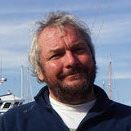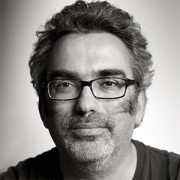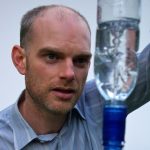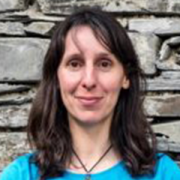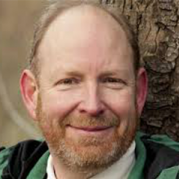Agile Rabbit: Evening public Event ‘Can I do anything about Climate Change?’
Do you wonder if altering your diet, cutting down on flights, or declaring a climate emergency makes any difference to climate change? This lively discussion with world-leading speakers from politics, business, activism, and science, will move beyond superficial responses to the vital question ‘Can I do anything about climate change?’ Bring you own ideas to explore these issues together, there is plenty of time for questions and debate.
Many of us are inspired to act against Climate Change. But can small individual actions ever make a real difference, or do we need radical activism to bring meaningful change? Perhaps a systems based approach is needed, so the most beneficial outcome is also the easiest. Come along to interrogate the panel, and yourself!
Banco de Gaia, a mercury prize nominated musician, will be attending the three days of the conference and creating a special composition celebrating the work of James Lovelock and responding to the themes discussed during the event. Banco de Gaia will be collaborating with video artist Peter Dunn to create an original piece which will be performed after the public panel discussion event. The evening will continue with Banco de Gaia playing a DJ set in the bar, providing the soundtrack to continued discussions.
Tickets available through the Agile Rabbit site.
Venue: Exeter Phoenix, Gandy Street, Exeter.
More information about the events open to the general public can be found here.




